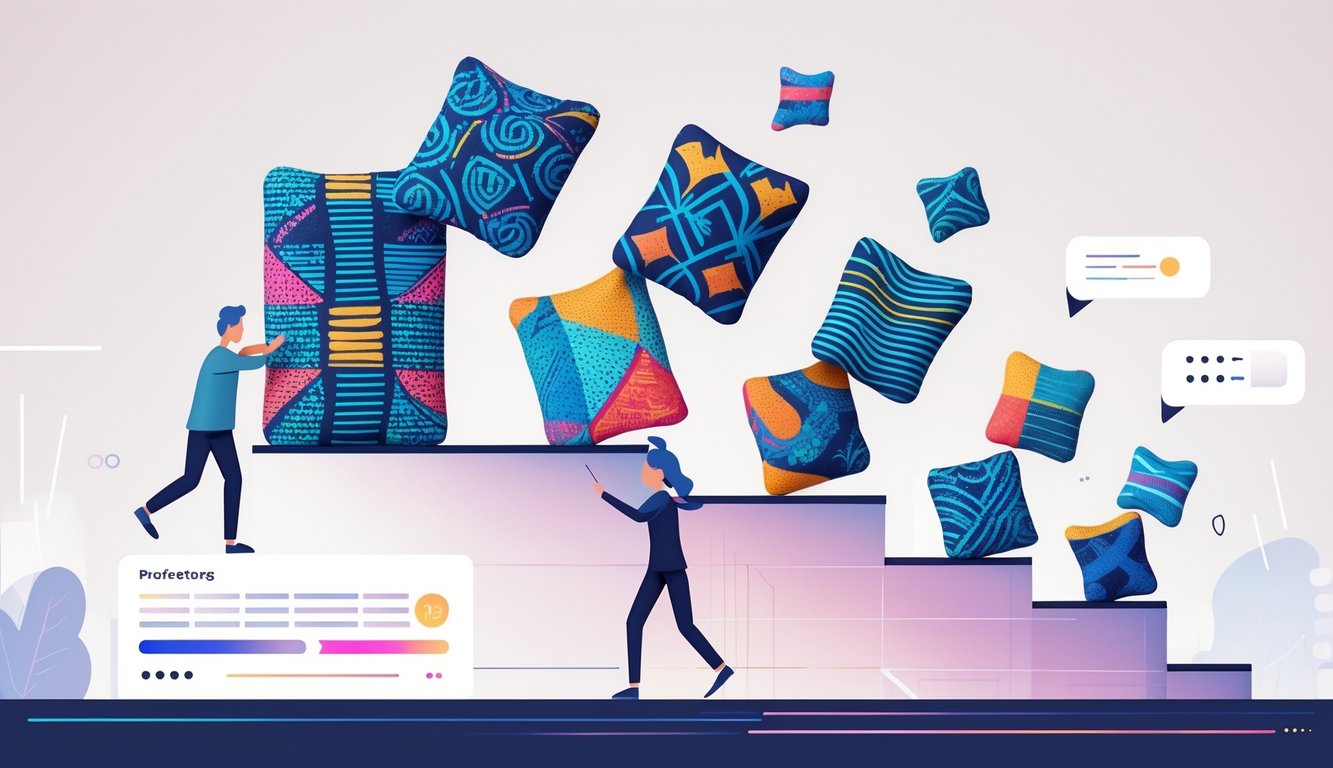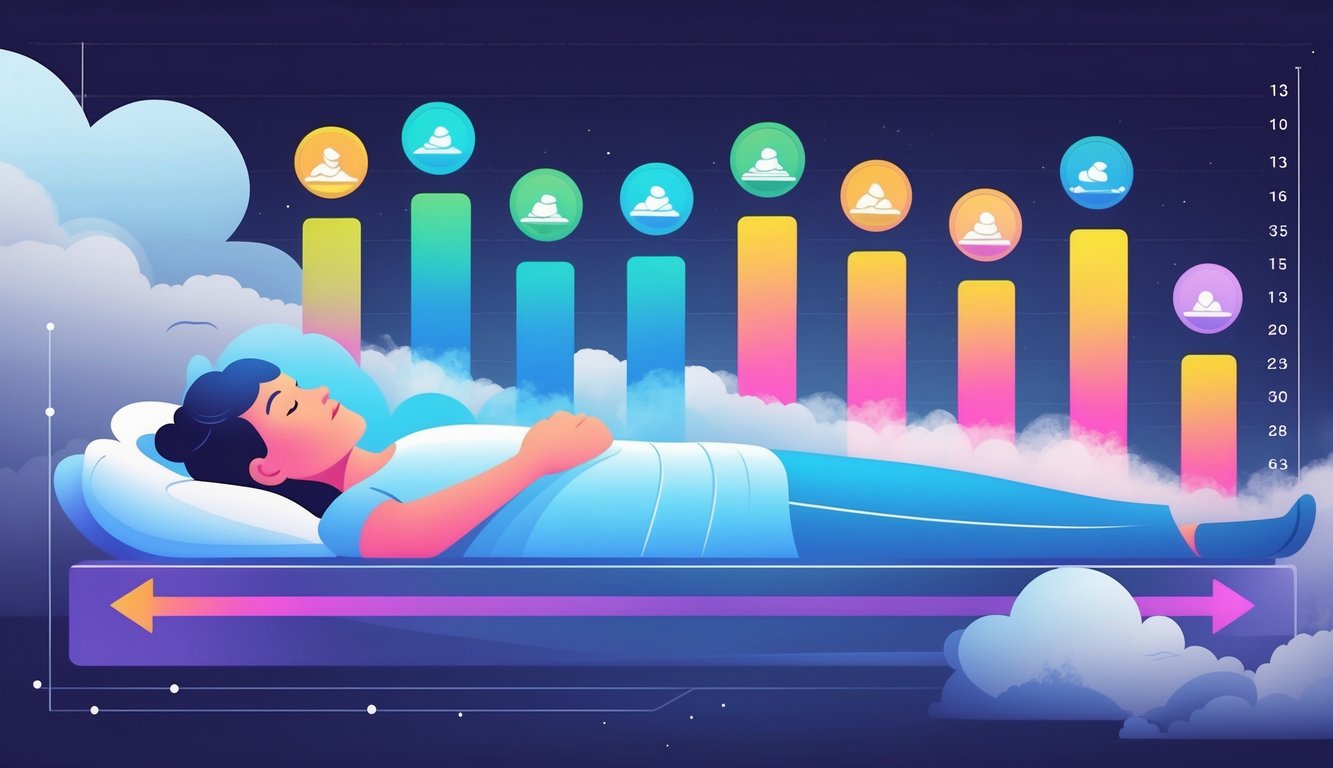
How Sleep Habits Influence Top Rankings

Forget what the apps claim—everyone talks about REM cycles and blue-light glasses, but most of us still scroll our phones past midnight, pretending it’s fine. Productivity? It’s a joke if you’re running on weird sleep. My dermatologist says my eczema’s worse when I don’t sleep—maybe it’s connected, maybe it’s just random, but it’s one of the few things that actually makes me wonder if any of these new patterns matter at all.
Regular Sleep Habits and Productivity
Regular sleep habits? Yeah, in theory. Try sticking to them on travel days—good luck. I read that Penn State study and apparently, “good sleepers” (real people, not robots) who keep their sleep hours and wake times steady, actually do better at, well, almost everything. But then there’s my project manager who pulled an all-nighter in March and somehow still hit every metric. Outliers, I guess. Stats don’t care about your one weirdly energetic friend.
Notion, Bullet Journal, whatever—every “productivity” system wants you to log sleep. My average dips under 6.5 hours and suddenly I’m ghosting emails and missing deadlines. It’s not complicated. Sleep gets weird, my brain turns to soup, and all the motivational quotes taped to my monitor do nothing. No “hack” for a real night’s sleep, which is annoying because I’d pay for one.
Impact of Sleep Hygiene on Rankings
Let’s talk about self-sabotage. Plugging in my phone next to my pillow, watching “just one more” episode—yeah, I know, not helping. Actual research says stuff like going to bed at a set time, keeping the room dark, and not chugging coffee after lunch seriously changes your long-term performance. My cousin—blackout curtain evangelist, five-minute meditation devotee (I’ve made fun of him, he doesn’t care)—never comes in last at work.
I ignored all that, and my rankings (fitness, music, even Duolingo) tanked. Sleep hygiene isn’t about being perfect—just about not making it harder for your own body. Even pro athletes obsess over this. I tried following a medical journal’s sleep hygiene checklist for a week. Two days, things were better, then my neighbor’s dog started barking at 3 a.m. and everything fell apart again. So, yeah, sleep habits matter, but nothing’s bulletproof.
Circadian Rhythms and Their Role in Sleep Changes
Honestly, I could measure my caffeine levels and still have no clue why my brain’s off the rails. Late-night calls, moving my workout to 8 PM—suddenly, I’m wide awake at midnight for no reason. Experts keep screaming about the “internal clock” and how it runs the show, more than my choice of pillow ever will. Are they right? Probably.
Circadian Rhythm Basics
Ever found yourself staring at the ceiling at 2 a.m., regretting that energy drink? Me too. Apparently, every cell in our bodies is stuck on this 24-hour loop, ruled by something called the “suprachiasmatic nucleus” (SCN—try saying that after two hours’ sleep) behind your eyes.
Melatonin, body temp, hormones—they’re all on this schedule, responding to light, food, exercise. It’s like a calendar I never asked for and can’t snooze. Nature Neuroscience Reviews says this timer controls when I’m tired and how well I remember anything, including where I left my keys.
My smartwatch tracks “deep sleep” and, surprise, it’s way worse when I ignore sunlight. The fallout? It’s like showing up to a meeting in pajamas: embarrassing and kind of destabilizing.
Disruptions and Adaptations in Everyday Life
If I change my bedtime for a TV binge, I might as well be jet-lagged in my own house. One late night, and suddenly I’m off at work, eating weird stuff, sneezing more—no idea why. NCBI Bookshelf says you can’t “catch up” on rhythm like you can with emails.
Everything I do—late shifts, doomscrolling, snacks at midnight—fights this built-in routine. The SCN doesn’t care about my Netflix schedule. Frontiers in Neuroendocrinology basically says bad rhythms mess with everything from focus to metabolism. One sleep doctor told me “shift work is metabolic sabotage.” Sounds dramatic, but, honestly, the data backs her up.
Blue-blocking glasses at 11 p.m.? Not a miracle. Sure, they help a little, but the rhythm is stubborn. Like, “why am I still wearing this ratty old T-shirt” stubborn. Mess up your circadian system, and everything else unravels.



